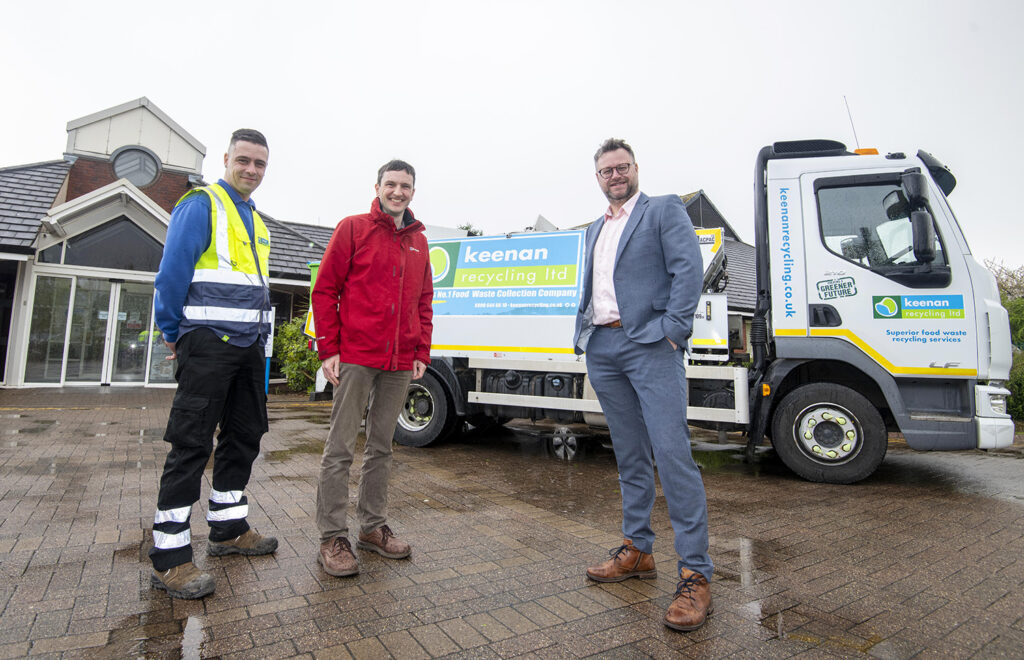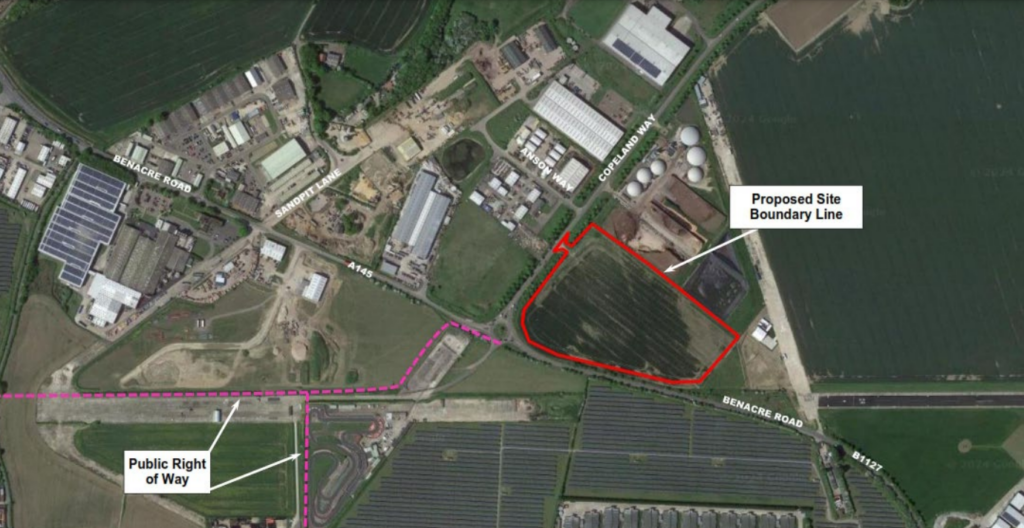Treatment standards for compost facilities and landspreading are also discussed in a bulletin issued by Defra to parties affected by ABP regulations which provided an update on the progress of European Regulations discussions and invited opinions on several proposed changes to the UK's Animal By Product Regulations 2003
The regulations underpin the European Commission's Animal By Product Regulation which is intended to protect public and animal health and to give rules for the safe use of animal by-products and their disposal.
At the moment 11 composters in England have been approved to compost catering waste in an 'in-vessel' facility under the ABP regulation and over 30 more have begun the approval process.
Those approved so far include Bio Convetors; Bioganix; Donarbon; Premier Waste Management; Sustainable Biowaste Solutions; Vital Earth Group and Williamson A.
The national legislation changes remove some requirements which experience has shown to be unnecessary, Defra said, such as the requirement for composted material to be kept on site until it has been microbiologically tested.
Mary Messer, technical officer at the composting association said the organisation welcomed this move because “it would be much easier logistically not having to store the finished product on site for two weeks or so.”
Land spreading
Other changes include the current definition of pasture land on which the end product has been spread. In the existing Regulation this does not indicate the period during which there must be no grazing of the land to which organic fertilisers have been applied.
Defra said: “We understand that the European Food Safety Authority has issued an opinion on fertilisers and is expected to come forward with an opinion on suitable treatment standards in composting and biogas plant shortly. Thus there is no Commission proposal on these issues at present.”
For those operators who wish to treat catering waste with the aim of recovering materials in the waste, a small amount of the resulting material may be suitable for land application, perhaps as an ingredient in compost, said Defra.
The Department added that the “UK already allows catering waste to go to land if it has first been treated in an approved composting or biogas plant and we are undertaking a risk assessment to consider whether we can allow other mammalian meat and bone meal (MMBM) derived from other Category 3 material to be used on agricultural land.
“Currently no parameters are specified for the processing of catering waste although the Regulation requires all other Category 3 mammalian ABPs which might be applied to land to be treated by method 1 (50 mm particle size, 133 degrees centigrade and 3 bar pressure for at least 20 minutes). We therefore intend to include a provision to require catering waste to be rendered using method 1 if the MMBM might be applied to land.”
Unloading ABP
Defra has also updated its January 2001 guidance on the loading and unloading of animal by-products. For the majority of ABPs the Regulation requires a covered space where the by-products can be received. The areas must be designed to ensure that ABPs are unloaded and loaded with minimal risk to animal or public health.
Changes are to be submitted by October 15, this year and the consolidate text will become the 'A;nimal By Product Regulations 2004'.










Subscribe for free